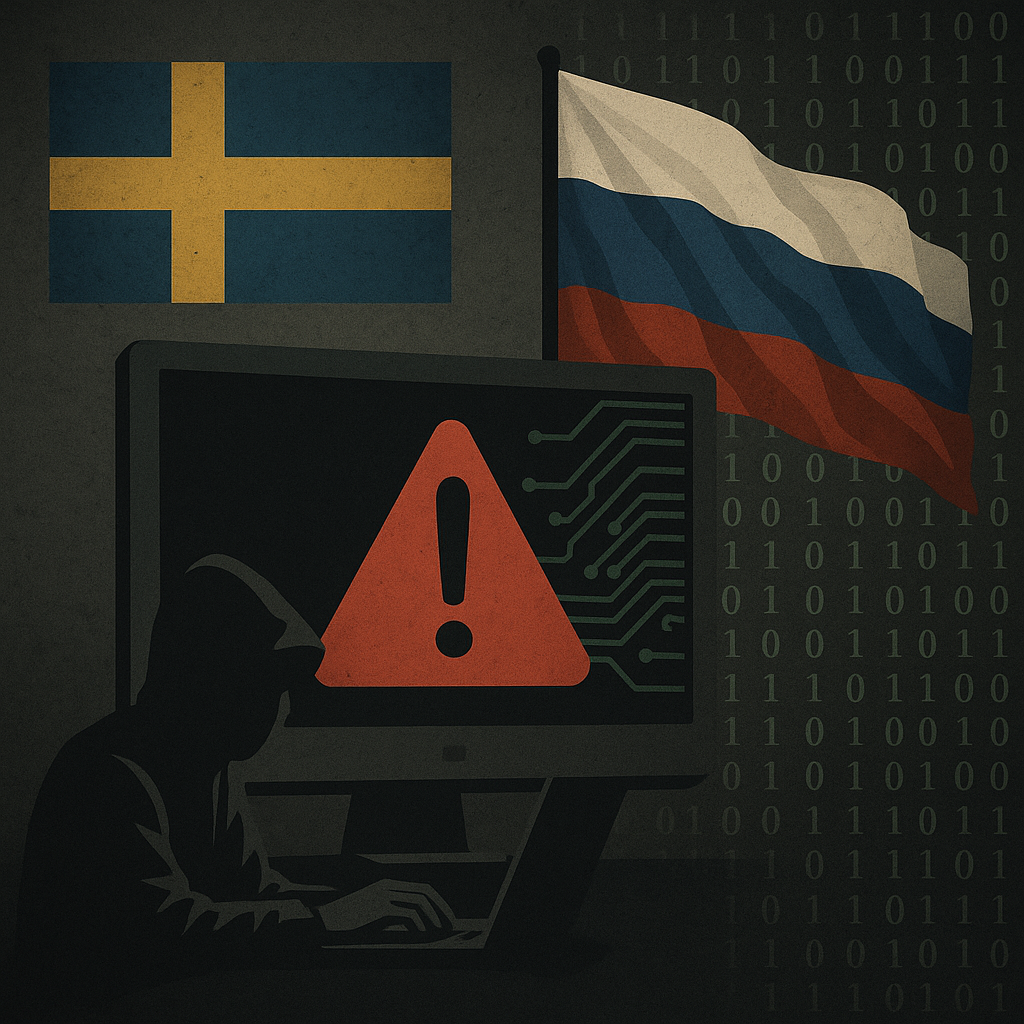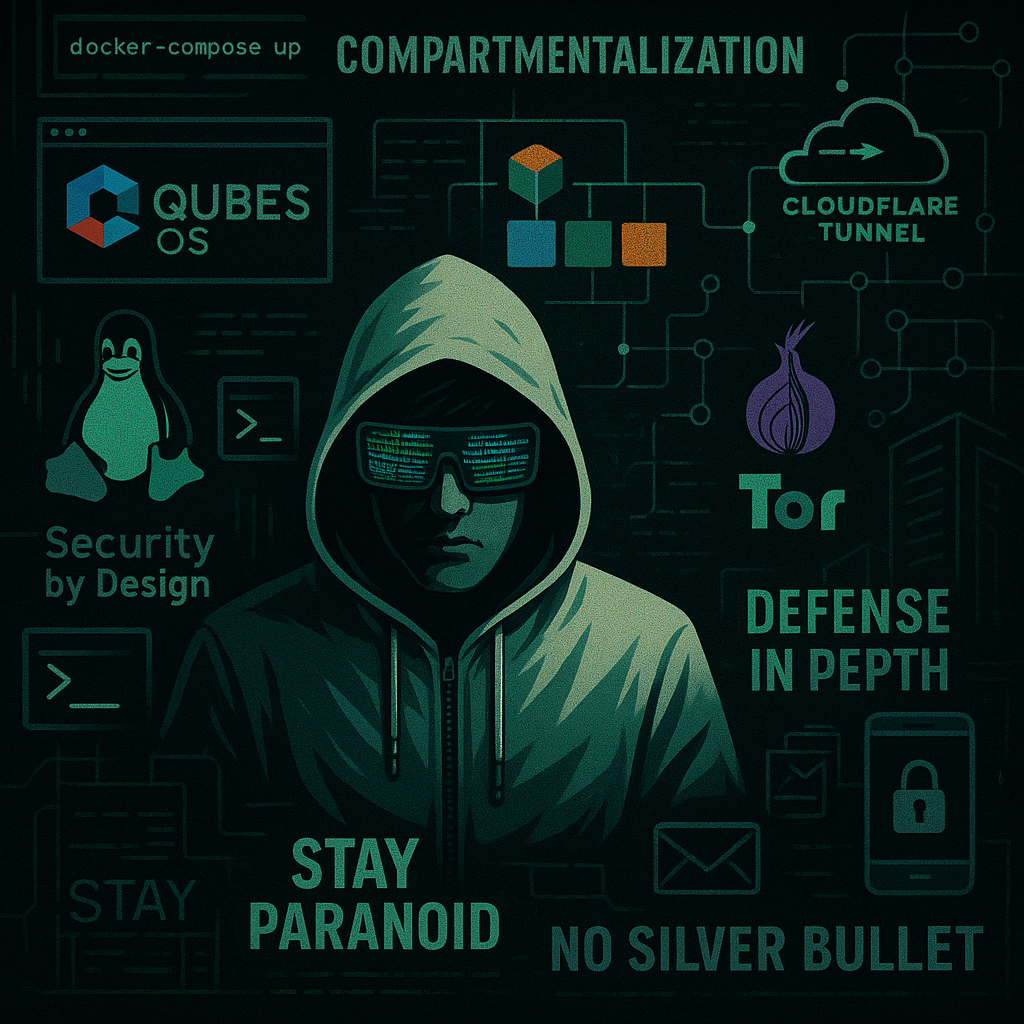Cyberattacks against Sweden: What is happening – and how can we ALL prepare?
Published: June 12, 2025
In recent weeks, cyberattacks against Sweden’s critical societal functions have completely exploded. Public services, authorities and banks have all been hit by various types of attacks – from overload attacks to targeted intrusions. Most of the evidence points to a foreign power – probably Russia – being behind it. But why is this happening right now, and what does it mean for you and me? Can we do something, or are we just spectators while the great powers fight?

Why is this happening right now?
The attacks do not come out of nowhere. Here are some explanations:
- NATO and geopolitics
Sweden’s rapprochement with NATO and our changed security policy have provoked Russia. Historically, they respond with hybrid attacks: cyberattacks, influence operations and disinformation. - Election year and societal impact
Ahead of the 2026 election, attackers want to sow division, create unrest and test how robust our digital society really is. - Vulnerabilities in the systems
Many systems are vulnerable and not sufficiently protected. This applies to both authorities, companies and private individuals.
Is this the beginning of something bigger?
It is very possible. Overload attacks, intrusion attempts and influence against the media are classic steps in major campaigns – especially from state actors. The next step could very well be:
Destructive attacks on infrastructure (electricity, water, communication)
Targeted extortion attempts against companies or authorities
Massive disinformation spread on social media and via news sites
What can YOU do as a private individual?
It can feel overwhelming when the “cyber war of the great powers” seems to be beyond your control. But the fact is that the digital resilience of private individuals plays a major role – not just for yourself but for the entire society. Here are some simple but powerful tips:
- Review your passwords
Use unique, strong passwords for each service.
Enable two-factor authentication (2FA) where possible – especially on email, social media and important apps.
Use a password manager (e.g. Bitwarden, 1Password, KeePassXC).
- Update your devices and applications
Make sure your phone, computer and tablet have the latest updates.
Also update your apps and browsers regularly.
- Be vigilant about scams and disinformation
Don’t click on links in strange emails or SMS – even if they appear to come from “your bank” or “the Swedish Tax Agency”.
Don’t blindly trust sensational news on social media. Always check the sender and source.
If you get “urgent” messages (“you need to log in NOW or your account will be closed”) – take a deep breath and check first.
- Back up what’s important
Save important files and photos both in the cloud and on an external hard drive.
If something happens (e.g. ransomware), you can restore without paying a ransom.
- Talk about digital risks with family and friends
Help those who are less digitally savvy – especially older relatives – to set up 2FA, choose good passwords and recognize scams. - Have a plan B in case of major disruptions
Think about what you will do if the internet or banking services are down for a few days. Have some cash at home, and think about how you will contact loved ones without the internet.
Community defense starts at home
Swedish cyber defense is stronger than it was just a few years ago – but every individual is also part of the defense. If we all raise our digital threshold, we make society less vulnerable, both to state actors and cybercriminals.
Conclusion
Sweden is currently under attack – and it is no coincidence. Geopolitics is shaking, and cybersecurity is the new front line. But we are not powerless: if companies, governments and individuals do their part, we will be much stronger when the next big wave comes.
Be critical, be prepared – and stay informed!

